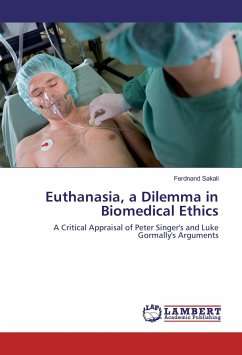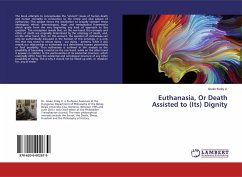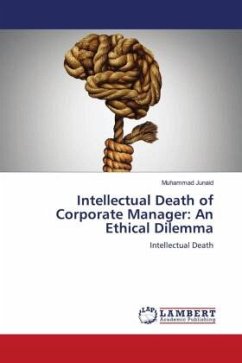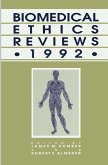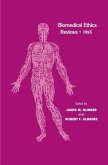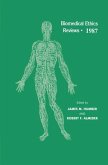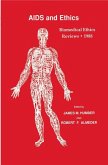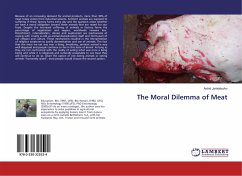Life has always been understood as the intrinsic principle for all human values, and therefore, it is unethical to intentionally terminate an innocent human life. However, the current biomedical technology that involves delicate organ transplant like the heart, has raised a new problem of seeking for donors. This makes patients with poor quality of life to be considered as eligible candidates of euthanasia who could possibly be donors of such organs. This book unveils the meaning of euthanasia, its range and traces its historical development. It then uses the dialectic method to present a critical discourse on euthanasia basing on two of the world's major ethicists: Peter Singer and Luke Gormally. It is an encounter of valid and strong counterarguments between quality of life and sanctity of life ethics. Legal and religious arguments are also discussed from both sides. The book also discusses euthanasia, quality of life and sanctity of life in relation to African ethics. Eventually, a plausible synthesis of this debate is reached and a way forward as regards euthanasia is suggested. This is important to all people affected with end of life ethics.
Bitte wählen Sie Ihr Anliegen aus.
Rechnungen
Retourenschein anfordern
Bestellstatus
Storno

